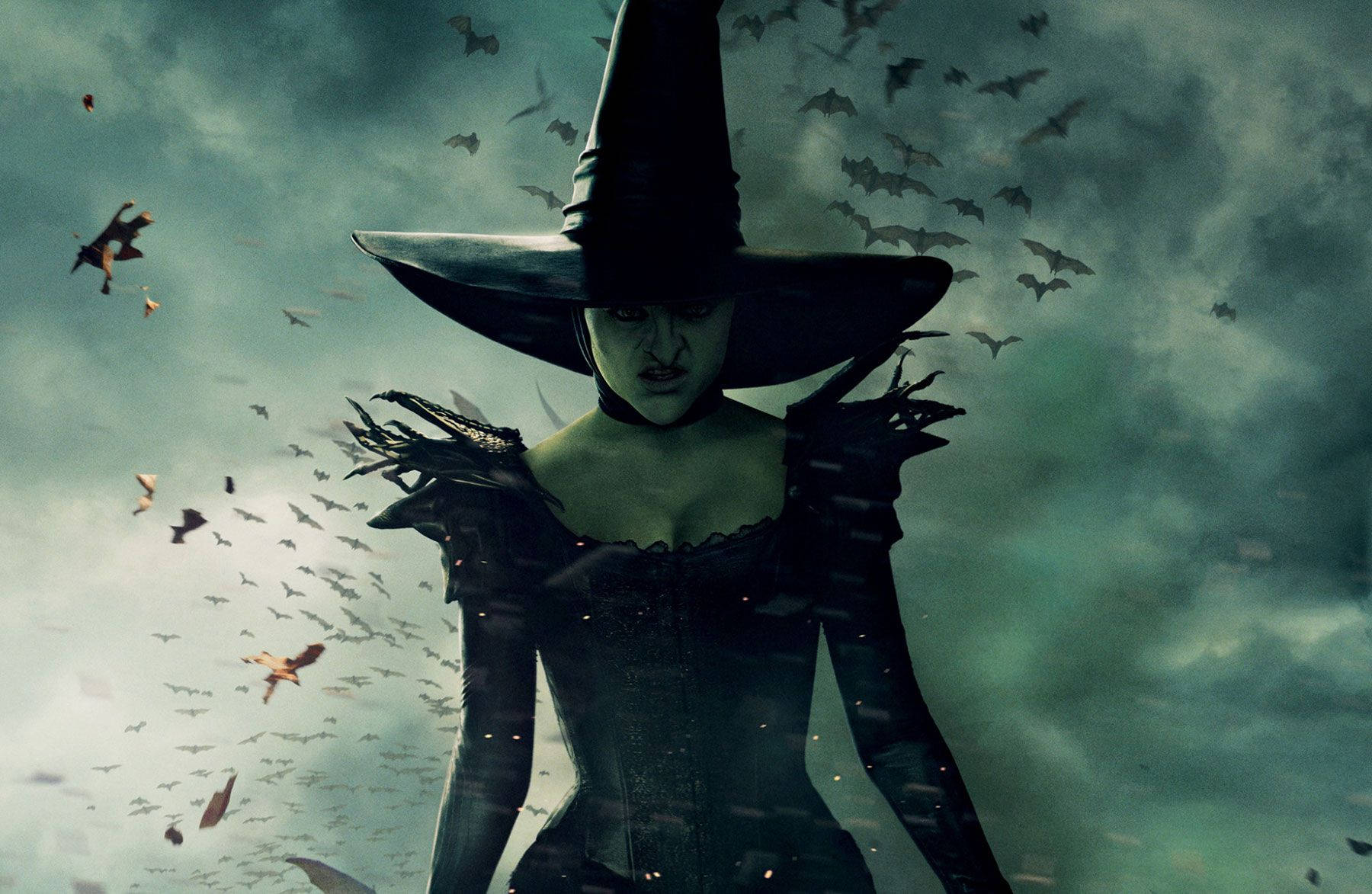
FAQ About Magic in the Middle Ages
Magic in the Middle Ages
2 years ago | gizem
Who were the main practitioners of magic in the Middle Ages?
During the Middle Ages, various individuals and groups were associated with the practice of magic. The main practitioners of magic included:
- Cunning Folk: These were local practitioners who offered magical and folk healing services to their communities. They often combined elements of herbalism, divination, and charms to help with everyday issues like healing illnesses, finding lost items, and protecting against malevolent forces.
- Astrologers: Astrologers studied the positions and movements of celestial bodies to make predictions and offer advice on personal matters, politics, and important events. They often worked for noble patrons and rulers.
- Alchemists: Alchemists were practitioners of the mystical art of alchemy. They sought to transform base metals into gold, discover the elixir of immortality, and achieve spiritual enlightenment through the purification of substances.
- Witches: The term "witch" encompassed various magical practitioners, often women, who were believed to possess supernatural powers. Witches were associated with both beneficial and malevolent magic and were often accused of harming others through curses and maleficium.
- Magicians and Sorcerers: These were individuals who claimed to have knowledge of occult practices and sought to manipulate supernatural forces for various purposes. Some were considered wise scholars, while others were accused of practicing black magic.
- Monks and Clerics: Some members of the clergy were known to have knowledge of magical practices, such as using protective charms or performing blessings and exorcisms. While some forms of magic were acceptable for clerics, others were condemned by the Church.
- Court Magicians and Advisors: In the courts of kings and nobles, magicians and astrologers were often employed as advisors to provide insights on political matters, predict outcomes, and offer guidance.
- Theologians and Scholars: Some theologians and scholars studied magic and related occult subjects, aiming to understand and distinguish between licit and illicit practices, as well as reconcile magical beliefs with Christian theology.
- Hermeticists: Followers of the Hermetic tradition were influenced by the teachings attributed to Hermes Trismegistus, and they sought spiritual wisdom through the study of sacred texts and mystical practices.
- Necromancers: Necromancers were practitioners who attempted to communicate with the dead or spirits of the deceased for various purposes, such as gaining knowledge or power.
